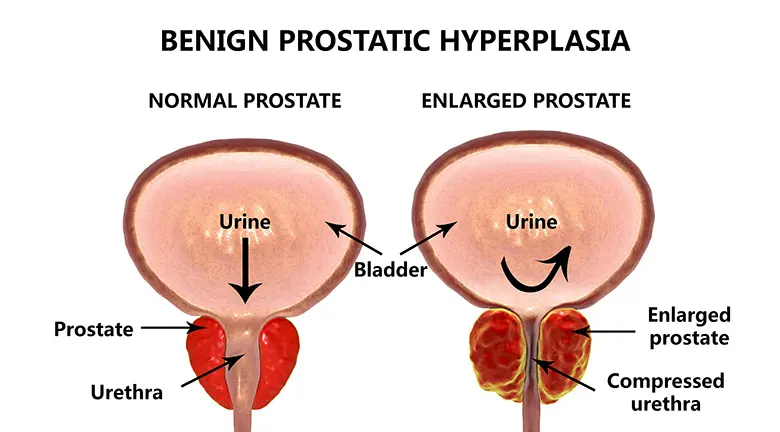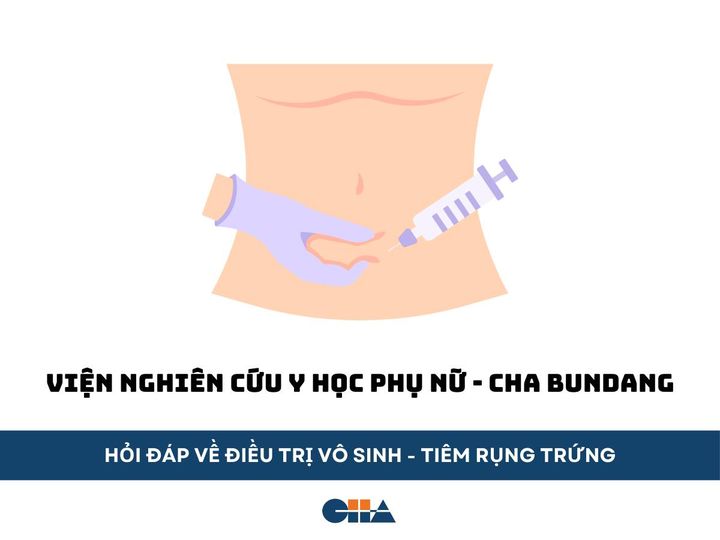The prostate is a male reproductive organ located beneath the bladder, responsible for producing a fluid that mixes with semen. Normally, the prostate weighs about 20 grams, similar to a cherry tomato or a walnut, and it tends to enlarge with age, sometimes growing to the size of a ping pong ball or a golf ball. This condition is referred to as “benign prostatic hyperplasia”.
This enlarged prostate exerts pressure on the urethra and bladder, leading to urinary issues. The exact pathophysiological mechanism is not yet fully understood, but the likelihood of developing the condition increases with age due to a decrease in male hormones. The incidence of the disease is believed to be higher and more frequent among individuals with hypertension, coronary artery disease, diabetes, and those who smoke.

The therapy is performed under local anesthesia, depending on the patient’s age, difficulty with general anesthesia, and patients who prefer not to use medications or undergo surgery.
SYMPTOMS AND IMPROVEMENT AFTER TREATMENT
Each patient will recover differently, but most clinical trial results indicate that symptoms will improve within 2 weeks to 3 months after the procedure and may be maintained for up to 5 years.
Research shows that Rezūm demonstrates positive safety outcomes in preserving sexual function, and short-term side effects such as difficulty urinating, hematuria (blood in urine), and hematospermia (blood in semen) typically improve within 30 days.









